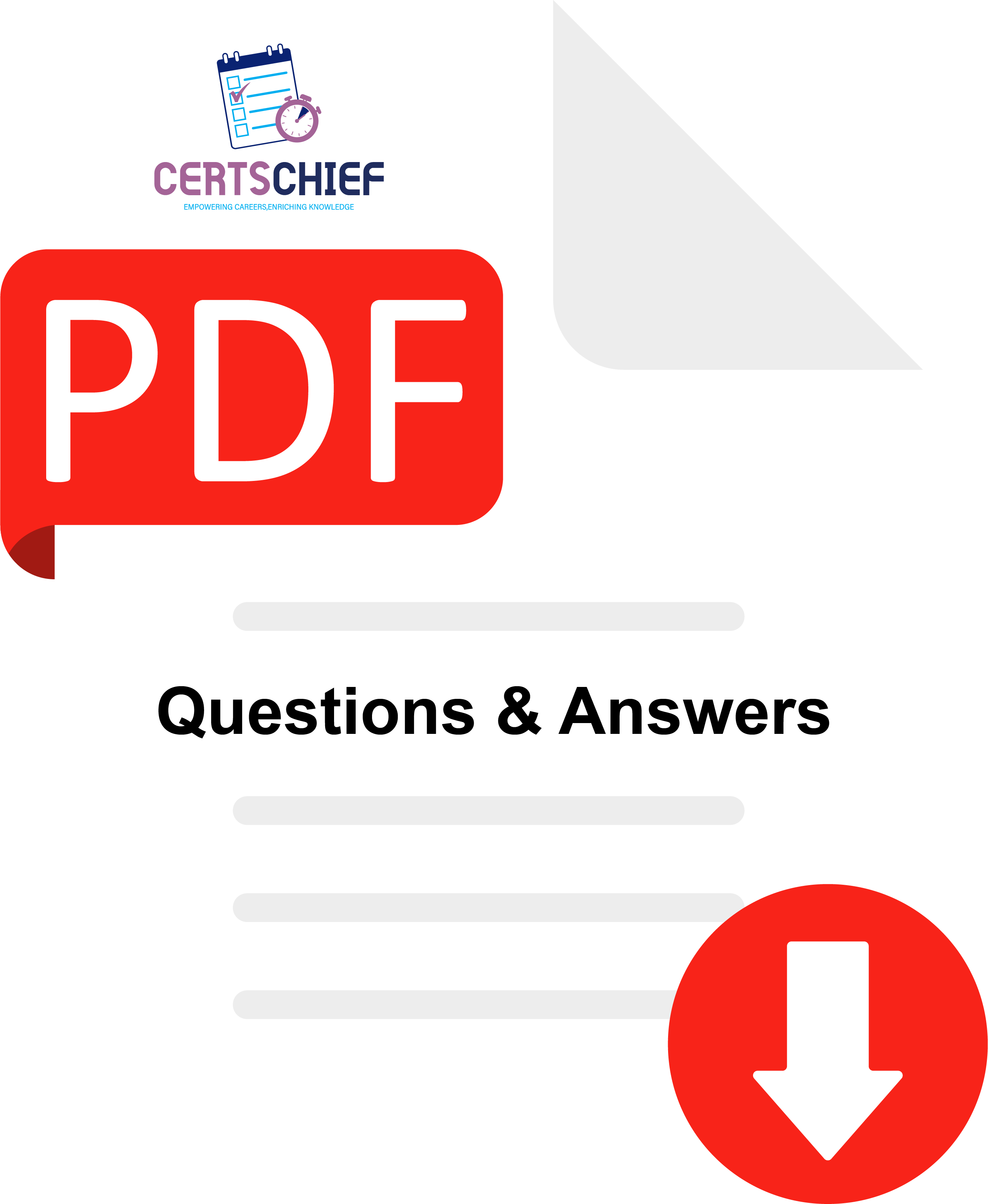SAFe Certification Practice Test and Questions Answers PDF
Understanding SAFe Certification Exams
In the rapidly evolving world of Agile methodologies, SAFe (Scaled Agile Framework) has emerged as a leading framework for large-scale Agile project management and development. SAFe certification exams are designed to validate the knowledge and skills of professionals in applying SAFe in an enterprise context. These certifications are highly sought after in industries that are adopting Agile practices at scale.
The Essence of SAFe Certification Exams
SAFe certification exams are a crucial step for professionals looking to demonstrate their expertise in Agile practices, particularly in large-scale scenarios. The certifications cater to various roles within the Agile framework, including Scrum Masters, Agile Coaches, Product Owners, and SAFe Program Consultants. Each certification focuses on a specific aspect of SAFe and targets different levels of experience and roles within an organization.
Key Certifications in the SAFe Framework
- SAFe Agilist (SA): This certification is ideal for executives, managers, and Agile change agents responsible for leading a Lean-Agile transformation.
- SAFe Practitioner (SP): Targeted at team members who apply SAFe to the execution of their team’s work.
- SAFe Scrum Master (SSM): Focused on individuals who will be playing the role of a Scrum Master in a SAFe environment.
- SAFe Advanced Scrum Master (SASM): Designed for current Scrum Masters who wish to take their leadership skills to the next level in a SAFe organization.
- SAFe Product Owner/Product Manager (POPM): Tailored for those who will guide the delivery of value in a Lean enterprise.
- SAFe Program Consultant (SPC): Aimed at those who will be leading a Lean-Agile transformation and implementing SAFe practices at an enterprise level.
SAFe certification exams typically consist of multiple-choice questions that test the candidate’s understanding of the SAFe principles, practices, and roles. The exams are timed and can be taken online. To prepare for these exams, candidates often attend official SAFe training courses, which include exam vouchers as part of the course fee. Additionally, self-study through SAFe’s comprehensive guides and practice tests is highly recommended.
Obtaining a SAFe certification can significantly enhance a professional’s credibility and career prospects. It demonstrates a deep understanding of Agile and Lean practices and the ability to apply them at scale. Organizations often seek certified SAFe professionals to ensure successful implementation of Agile methodologies, making these certifications highly valuable in the job market.
To maintain the certification, professionals are required to renew their certification annually, which involves earning professional development units (PDUs) and paying a renewal fee. This ensures that SAFe certified professionals stay updated with the latest practices and developments in the field.



